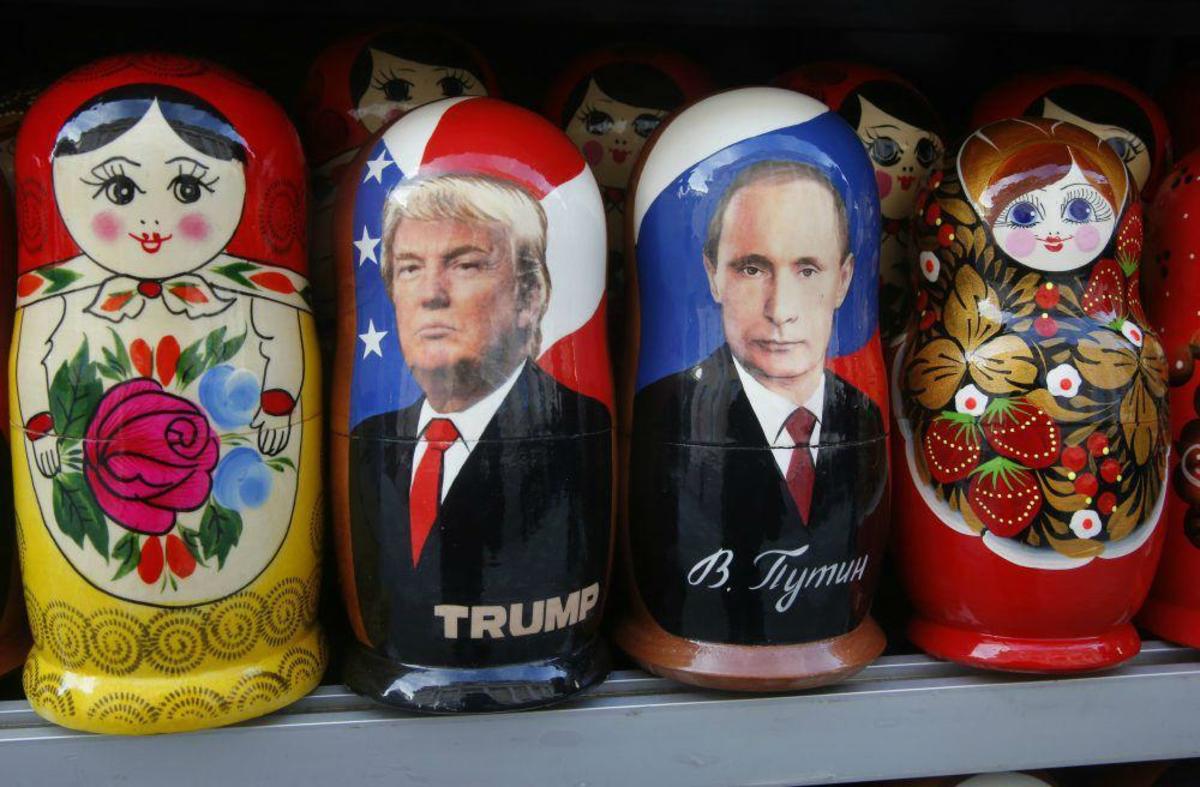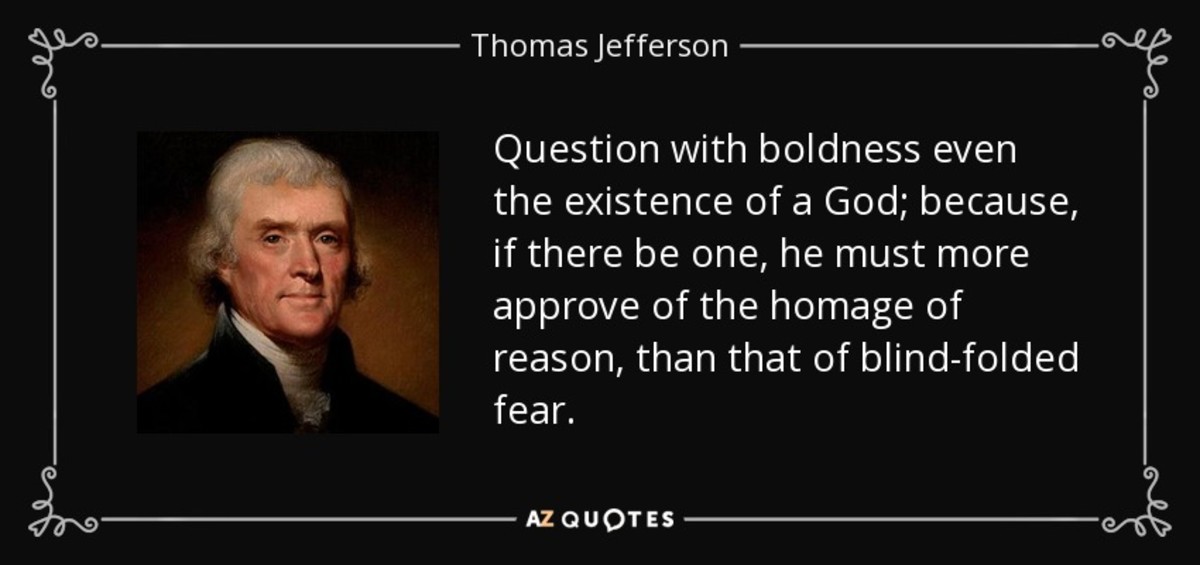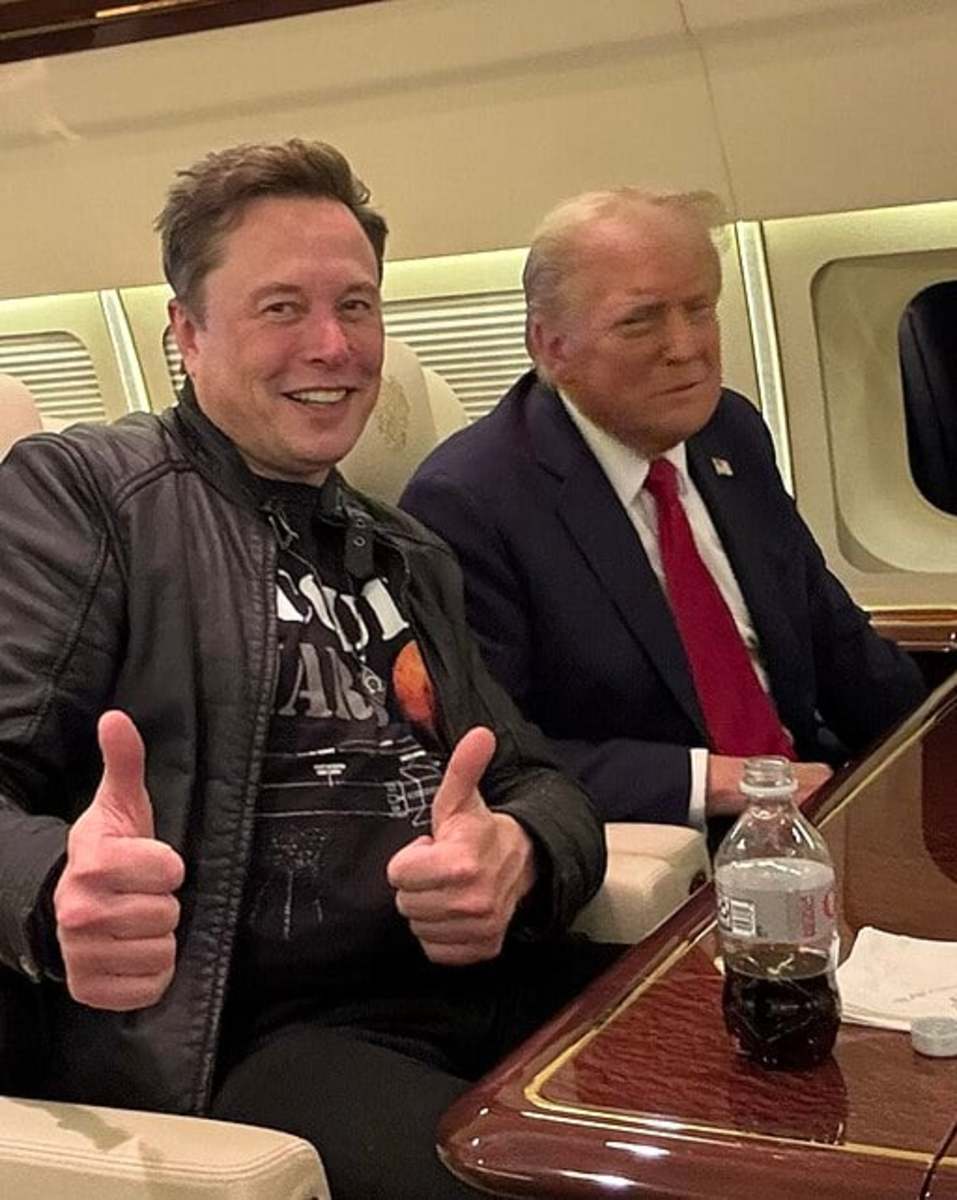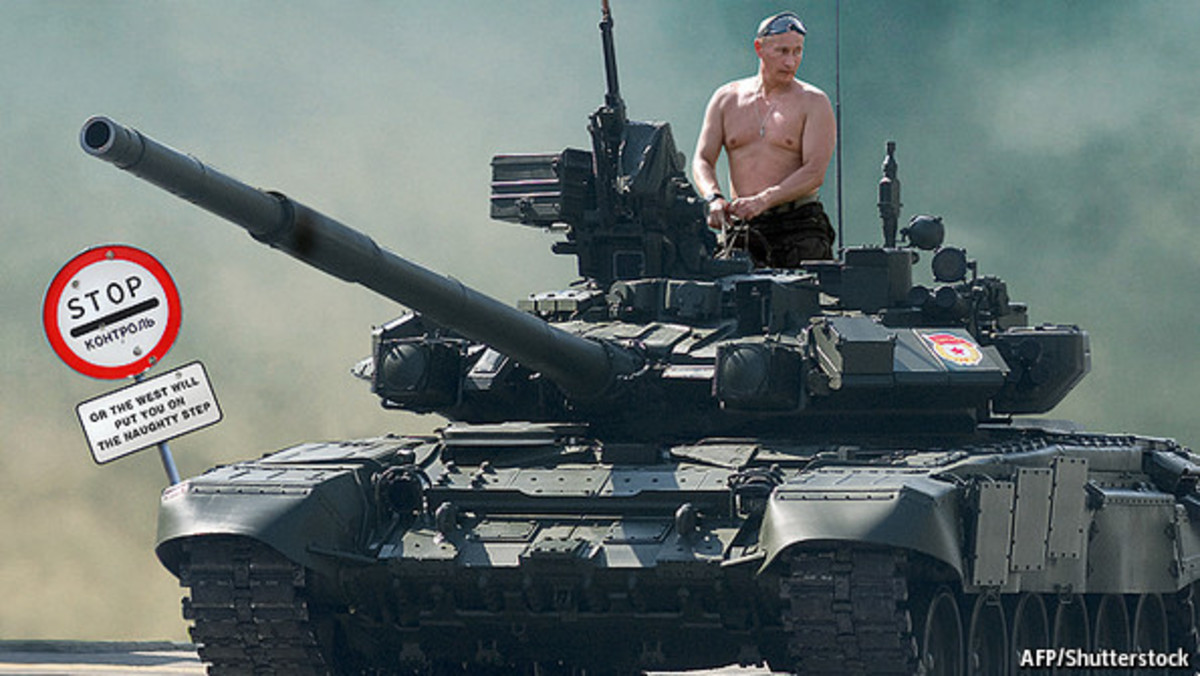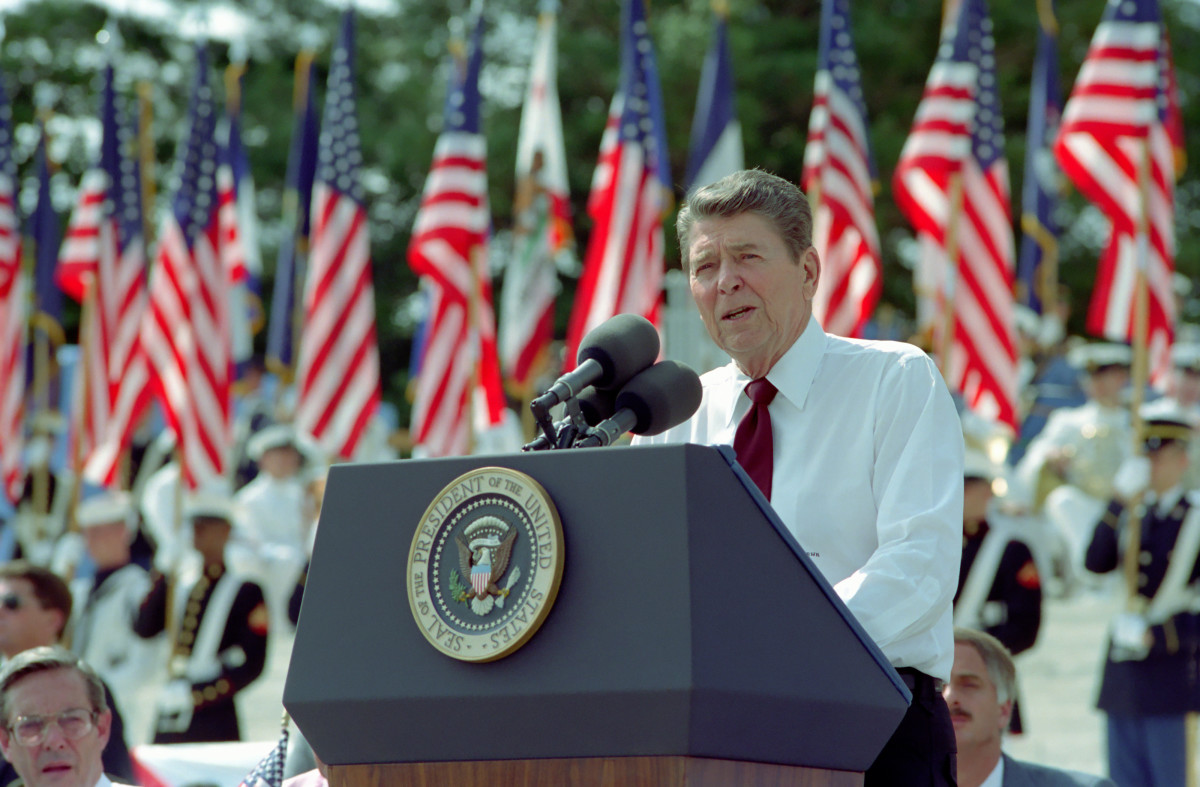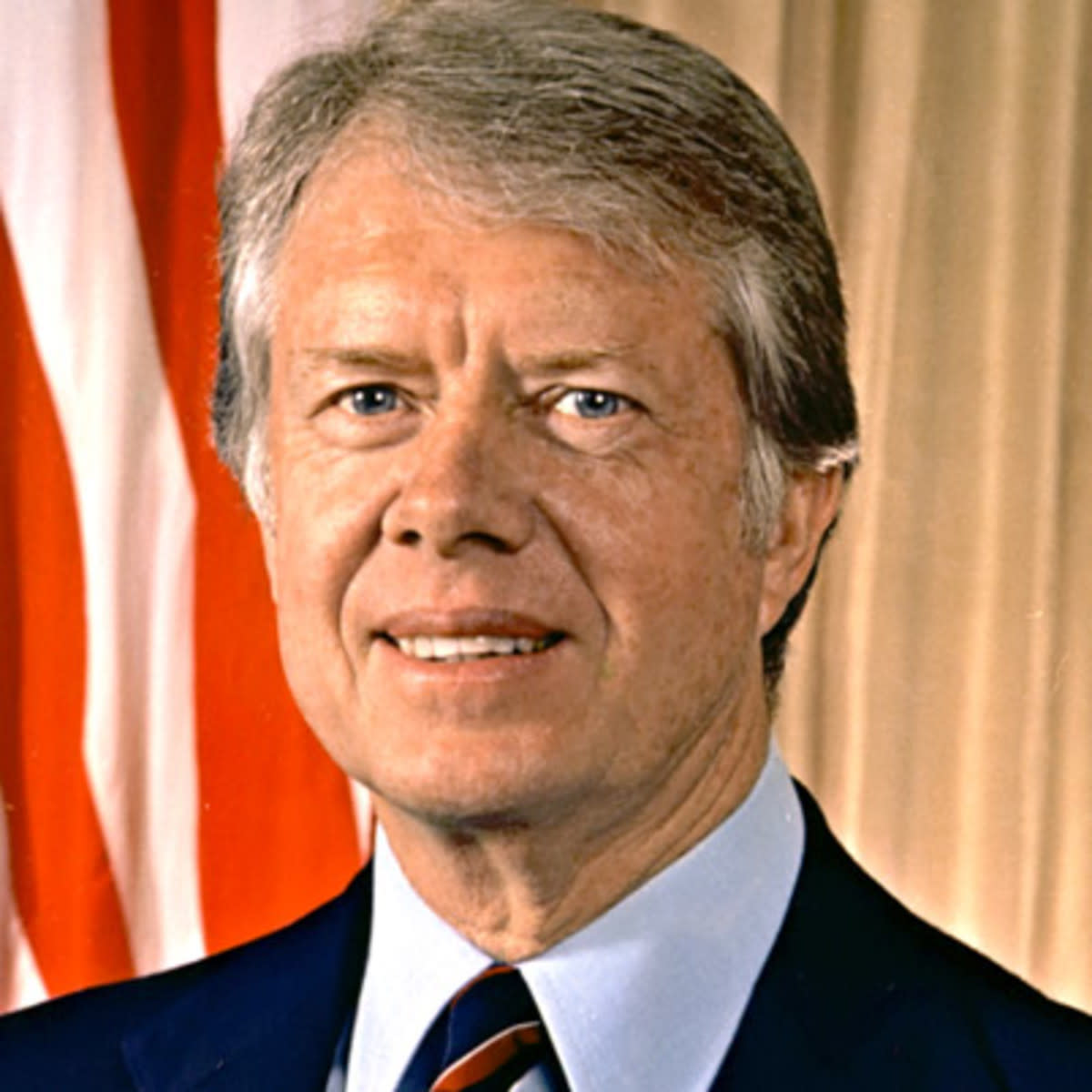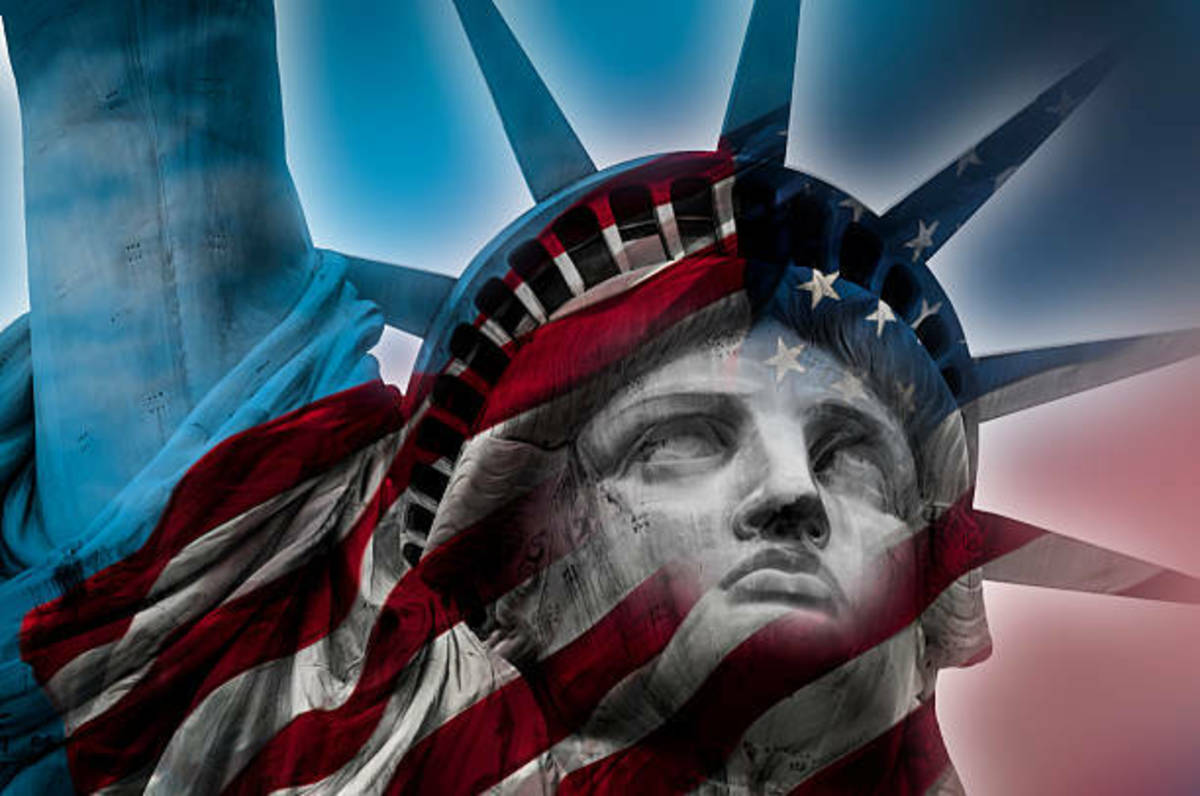Soft Play: How Russia's Interference in US Elections Bloodlessly Changed World Power
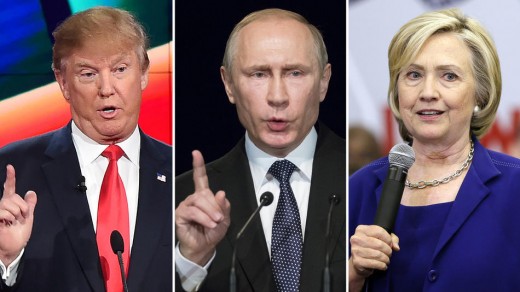
Ever since Trump was elected, he has been dogged by rumors that his administration was installed by Russian interference. After months of speculation, accusation, misdirection, and denials, nineteen Russian individuals were arrested for cyber attacks during the elections. Now whether or not Putin had a direct hand in it, I had some thoughts on the possibility that if he had been, it would arguably be considered a genius move, if not sad.
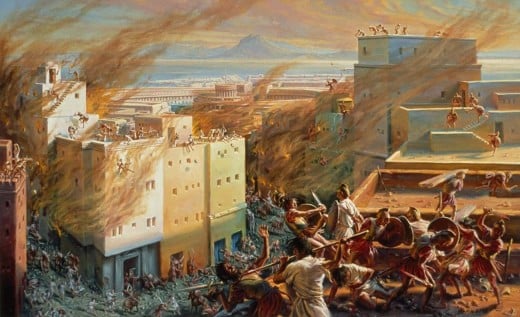
Hard Power
Historically, when a major world power feels that a rival is challenging their power or minimizing their global influence, there is a large, military build up. This can either be saber rattling or a sign that they're about to go to war with that rival and most often it’s the latter. This can be seen in the Third Punic War between the Mediterranean super powers of the ancient world, Rome and Carthage around 146 BCE. Though Rome had defeated them already previously, Carthage always somehow managed to recover and become a threat. The final war was instigated by a desire to utterly eliminate this threat once and for all, and resulted in the complete destruction of the Carthaginian capital and their empire.
In modern times, we see the former choice play out in saber rattling, such as with China doing military exercises along the Taiwanese border and strengthening their positions in the South China Sea. These are not direct calls to war verbally, but are also signals of a potential willingness to do so if they continued to be pushed.
Direct wars between major powers has not occurred since the end of World War Two in 1945 and there’s a reason for that new resolve to not so quickly pull the trigger. While the natural side affects of nuclear conflict was a big part, an equally and ultimately longer lasting factor was how waging those conflicts was now an expensive endeavor.
As technology became more advanced to make better weapons, so did it raise price tags. Meaning that instead of making 15’000 World War Two era P-51 Mustangs fighters, they could now only make 1036 Cold War era F-15 fighter jets, or 195 F-22 stealth fighters. The expensive nature of modernizing an army played a large role in the downfall of the Soviet Union in 1989.
"You don’t have to keep pushing it because the momentum will then build on its own."
Soft Power
Not only has the making of war machines become expensive, but globalization of nations’ economies has deeply connected nations that may still have ideological difference. Hollywood's obsession with establishing a foothold in the Chinese market for their cinemas is the perfect example of this. War would cause a blow back effect to these economies, and though not insurmountable, it would make things even more difficult than they already were.
This reality then creates the questions: how do you reclaim your global influence that doesn’t involve a major loss in investment? How do you maintain power without blowing out your national pocket book?
Modern technical advances and political environments of the 21st century have given an answer to these questions: destabilization of the head.
Heads Will Role
Lets say for a moment that Putin did give the order to sabotage the 2016 election. It doesn't mean that he and Trump are bed buddies. Putin would not need to believe in Trump’s abilities one way or the other, while still banking on his political inexperience. It would merely be the fact that Trump would be an unstable agent introduced into the already volatile, political system. It would be like placing a stone on a mountain side and simply pushing it. You don’t have to keep pushing it because the momentum will then build on its own.
We are seeing the results of this chaotic side affect now with the revolving door that has been the current administration. Right-hand people who have gotten him to office are fired or quitting. Trump is actively at odds publicly with one of the nation’s highest law agencies. The public is in turmoil with both the president and each other because half of them elected him into office anyway. Whether you like Trump as president or not, these are fallouts that cant be ignored or discounted easily. The country is effectively turned in on itself and cant really be bothered with what is happening on the global stage.
If Putin started this, he did so without firing a single shot at an American or spending vast amounts of money on the unpredictable nature of war. Not that I support this, but objectively and historically speaking, it would have been a brilliant play on several levels.
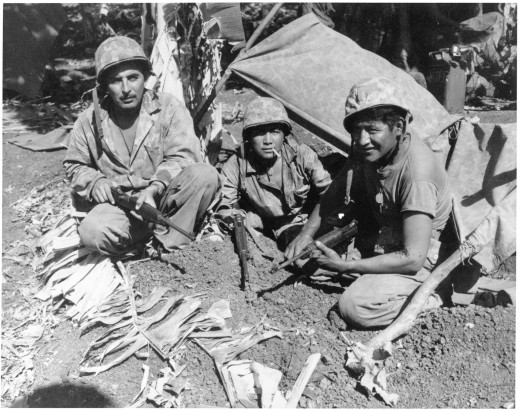
Divide and Replace
First is that Putin effectively achieved what the Soviet Union could not in fifty years: turn America’s strength of democracy and diversity into a weakness. Both are powerful and work well when each different and unique faction brings their specific gifts to field to achieve a common goal, such as the different racial communities coming together to fight a war on two fronts for five years from 1941 to 1945. However each faction also by nature has their own interests and concerns at heart, and if you can induce a fear of losing those interests to achieve unity, the factions will falter and lose cohesiveness and become divided.
Without that solidarity, you cant face a common external or internal enemy, while also destabilizing the society. Putin has been criticized for being authoritarian bully and underhanded in his control of public information. But he can say to the Russian public legitimately, “Hey at least we’re not like those guys”.
A second effect is feeding further distrust into one of America’s core mechanisms for success, its electoral process. Many Americans were already not voting long before Putin came to power or Trump even considered running for office. However by letting the idea stew in Americans’ minds that there cherished public voice can be manipulated can create second guessing of both the institution and American ideals as a whole. This was something the USSR tried to do but failed, with many of its’ citizens and servicemen instead defecting to the West because of how good our lifestyle looked compared to theirs.
Lastly, an unstable leader of the most powerful nation of the world erodes trust in its allies. Think of Nero and ancient Rome. No one can be sure whether the US will come to support them if conflict does breakout with Russia, Iran, or China because its leader has said that he likes to keep people on their toes. The EU has already pretty much decided that as of right now, the US cannot be relied on, especially with its withdraw from the Paris climate accords and the demand that NATO members start paying more into the alliance. I already mentioned how Trump is at odds with the FBI, but if that then extends to the military, then its effectively crippled as global, fighting force. And again, given the shuffle of so many officials within the administration, I don’t think that possibility is too far off the map. Again going back to Rome, their empire lasted one thousand years and their military still turned on them: more than once.
Writing on the Wall?
Of course these are all hypothetical ‘what-ifs’. Despite the arrests of the nineteen Russians, Putin is still going to deny he had any hand in any sabotage and if he is smart, will have kept as much distance between it and himself as possible if true. And while I will be the first to admit to not liking Donald Trump as president, the public fallouts that have occurred cannot be chalked up to political bias.
All of this is still possibility and human beings are very slow to learn anything from history. If it turns out to be that sabotage did occur, its still impressive. An essentially bloodless change of world powers that did not involve a world war.
© 2018 Jamal Smith

